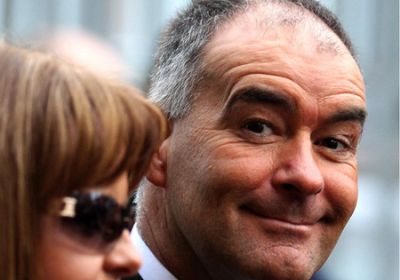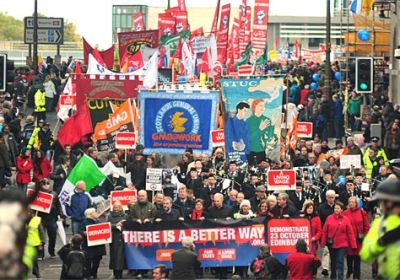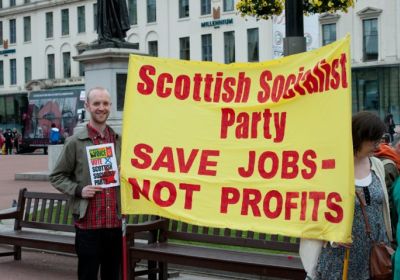
Downfall: The Tommy Sheridan Story
By Alan McCombes,
Birlinn 2011
326 pages, pb £9.99
In the elections to the Scottish parliament in May 2003, the Scottish Socialist Party (SSP) polled just under a quarter of a million votes and won six seats.
By any stretch of the imagination this was a remarkable achievement for a party well to the left of Labour. It was a beacon of hope and inspiration for socialists the world over.
By 2011, the SSP’s vote had slumped to below 9000. It failed to regain any of the six seats it had lost in 2007.


